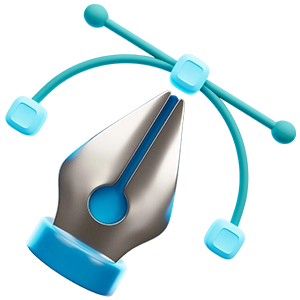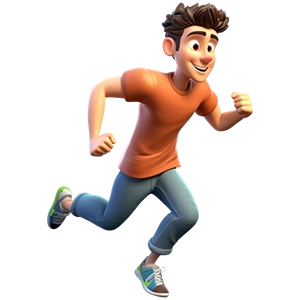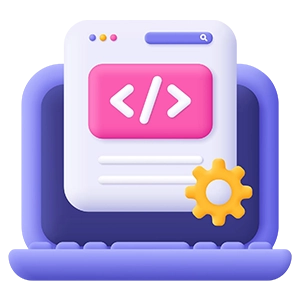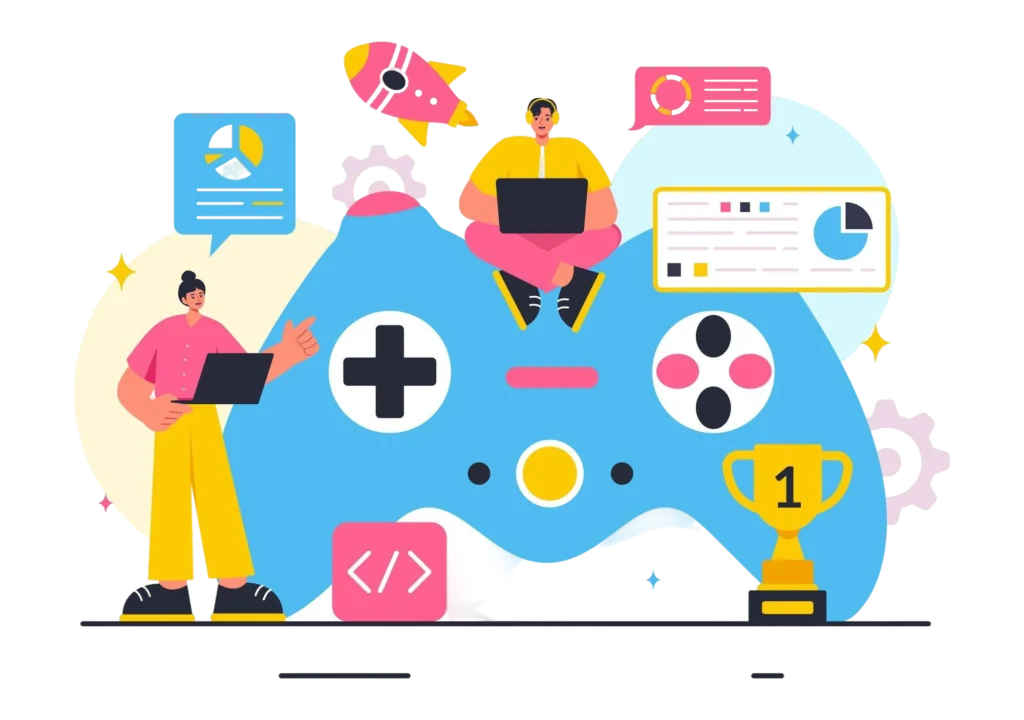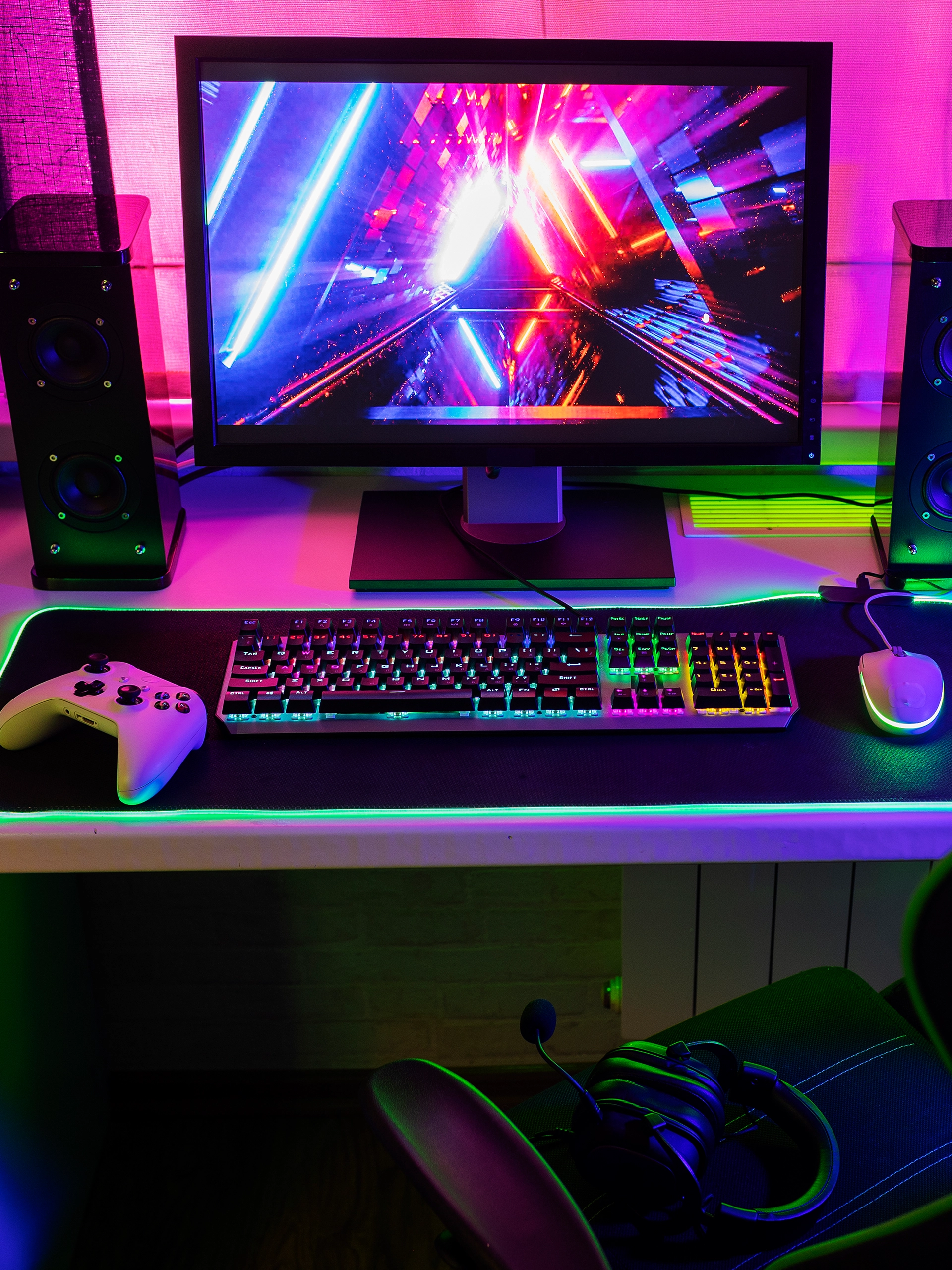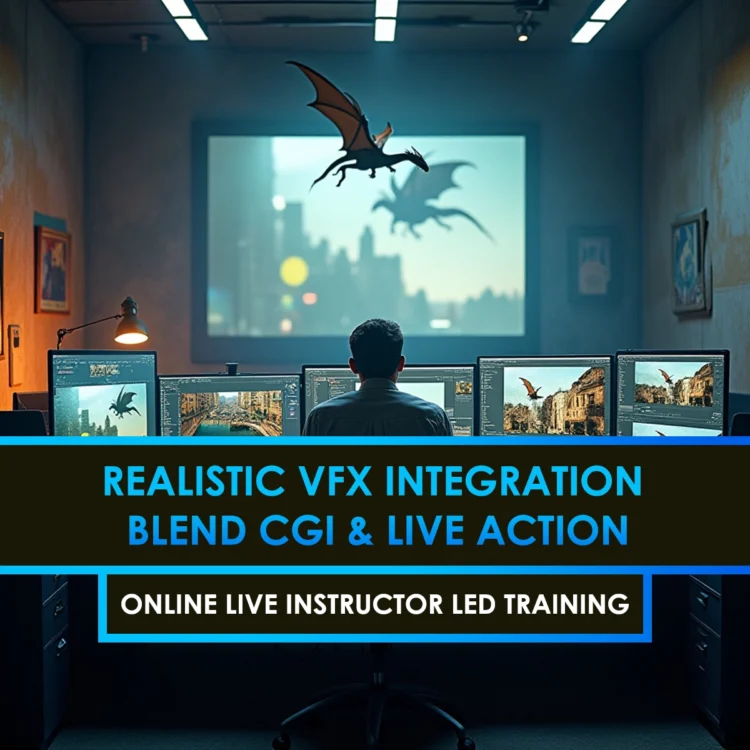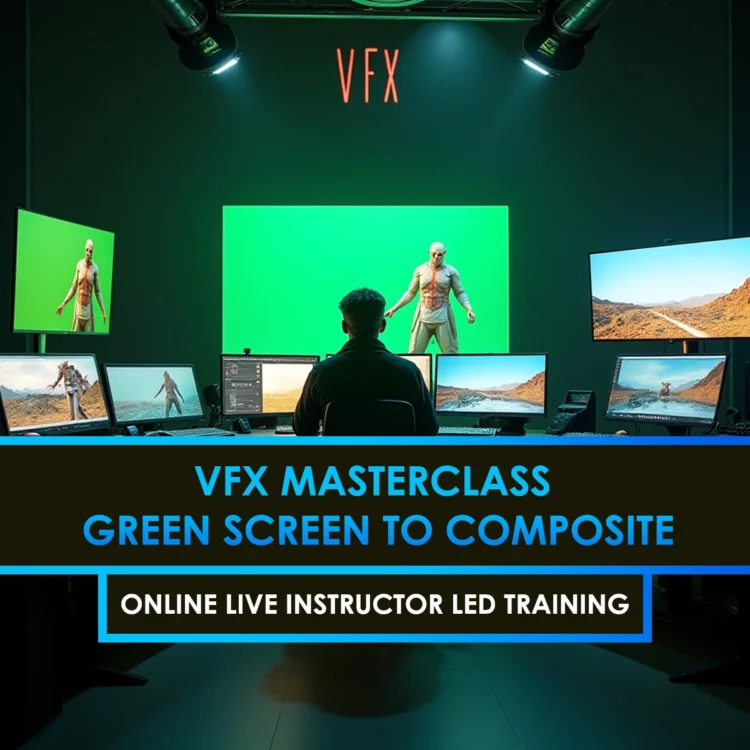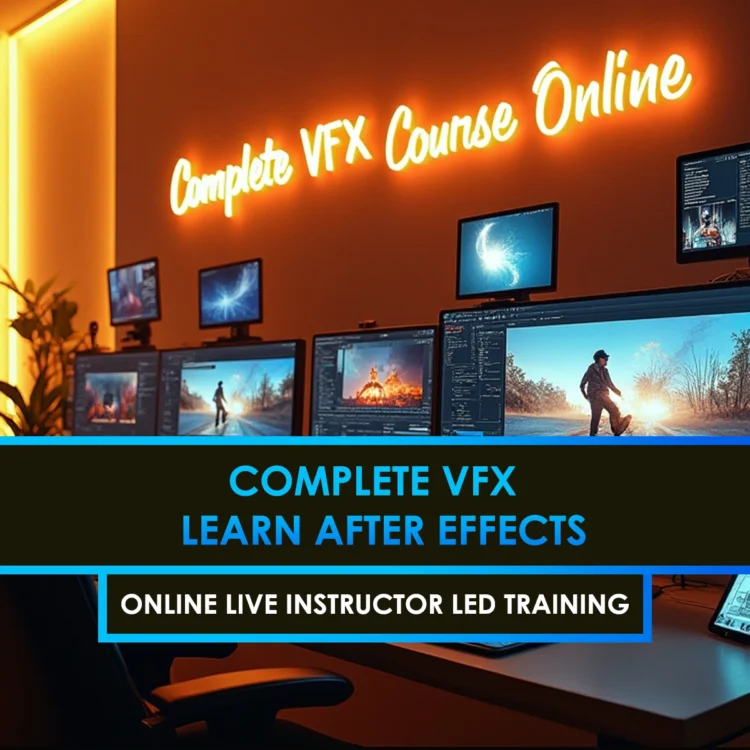Curriculum
- 8 Sections
- 24 Lessons
- 10 Weeks
Expand all sectionsCollapse all sections
- Introduction to Game DesignIntroduction to Game Design teaches the core principles of creating fun and engaging games, including mechanics, storytelling, and level design. Perfect for beginners, no coding experience needed.3
- Game Ideas and Concept DevelopmentGame Ideas and Concept Development helps you turn creative thoughts into structured game concepts. Learn to brainstorm, define gameplay goals, and write a simple Game Design Document.3
- Core Gameplay and MechanicsCore Gameplay and Mechanics teaches you how to design engaging game loops, player actions, and rules. Learn to build the foundation of fun and interactive gameplay experiences.3
- Introduction to Game EnginesIntroduction to Game Engines guides you through setting up and using beginner-friendly tools like Unity or Godot. Learn how to create and manage game scenes with no prior experience.3
- Build Your First GameBuild Your First Game takes you step-by-step through creating a simple 2D game from scratch. Apply your design skills to develop gameplay, levels, and player interactions.3
- Visuals, Sound, and UI BasicsVisuals, Sound, and UI Basics teaches you how to add graphics, audio, and user interfaces to enhance player experience. Learn to polish your game with engaging and intuitive design elements.3
- Testing and Sharing Your GameTesting and Sharing Your Game focuses on playtesting, bug fixing, and refining your game based on feedback. Learn how to export and share your game with others on different platforms.3
- What's Next?explores how to expand your game, learn basic coding, and take your skills to the next level. Get guidance on building a portfolio and pursuing a career in game design.3
In a game design course online, you’ll learn to create gameplay mechanics, develop engaging levels, and design player experiences using tools like Unity or Godot. Courses also cover storytelling, UI/UX, and basic prototyping.
Yes! Many platforms offer beginner game development courses that require no prior experience. These courses are designed to guide you step-by-step from game idea to a playable project.
The best game design course online depends on your goals, but popular beginner-friendly options include programs on Coursera, Udemy, Skillshare, and Domestika. Look for courses with hands-on projects, clear instruction, and real-world tools.
Most online game design courses take between 4 to 12 weeks, depending on the course depth and whether it's self-paced or instructor-led.
No coding is usually required for beginner-level courses. Many start with design principles and use visual game engines or tools, with optional introductions to coding as you progress.
Yes, most online game design courses offer a certificate of completion, which can be added to your resume or LinkedIn to show your skills to potential employers or clients.

